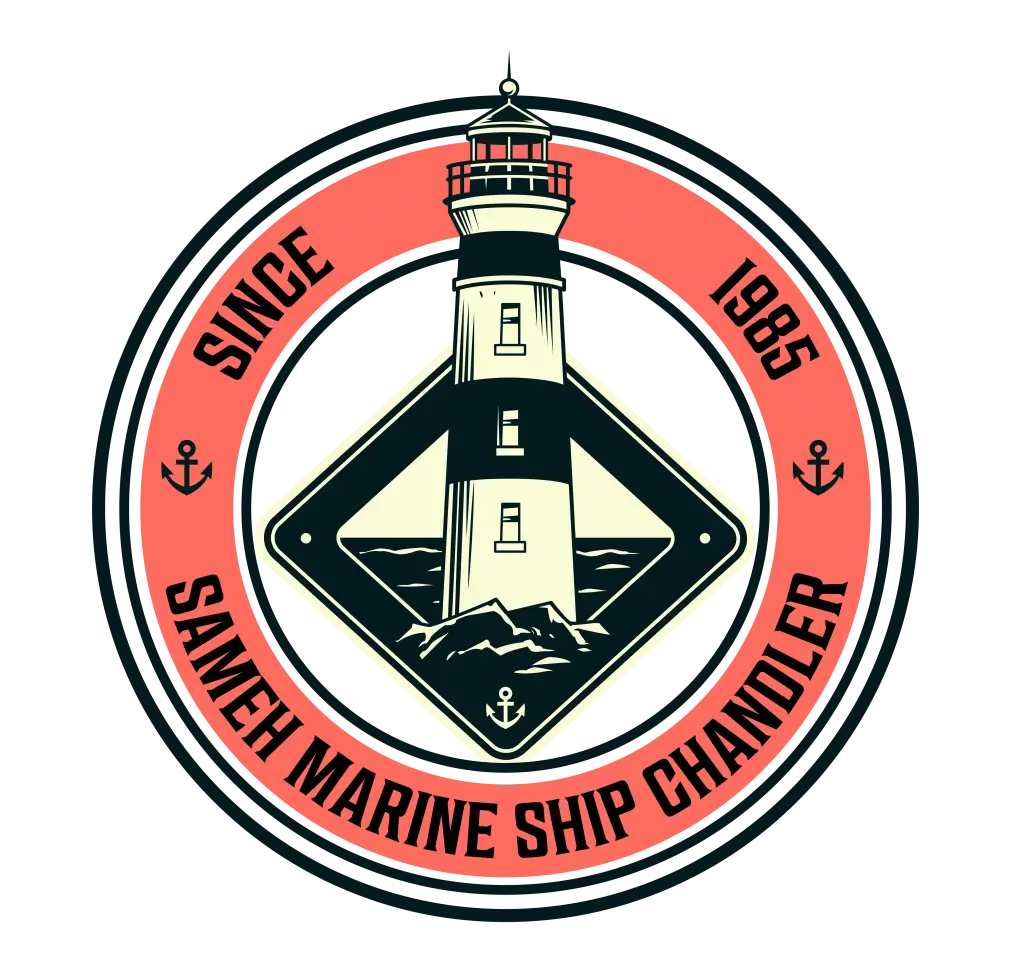Directed the Suez Canal presents a myriad of challenges for ship crews, from adverse weather conditions to stringent direction regulations. Amidst these challenges, ensuring adequate fresh provisions supply for ship crews and comfortable linens becomes paramount. In this comprehensive guide, we delve into the difficulty of provisioning and linen management for Ship Crew Essentials transiting the Suez Canal, offering valuable insights and practical tips for maritime personnel.
Understanding Suez Canal Navigation
The Suez Canal stands as one of the world’s most vital maritime routes, facilitating the passage of ships between the Mediterranean and Red Seas. Stretching over 120 miles and boasting a width of up to 675 feet, the canal plays a pivotal role in global trade, significantly reducing transit times and costs for vessels traversing between Europe and Asia.
Importance of fresh provisions supply for ship crews Suez Canal
Fresh provisions supply for ship crews Suez Canal is essential for maintaining crew health, morale, and productivity throughout the boating. Customizable meal plans for maritime personnel ensure a balanced diet comprising fruits, vegetables, meats, dairy products, and beverages tailored to individual preferences and dietary requirements.
Ensuring compliance with the IMDG code is imperative when procuring naturally IMDG code compliant safety supplies for ships, which include essential items such as fire extinguishers, first aid kits, and emergency rations. Prioritizing the procurement of high-quality, IMDG code-compliant safety supplies safeguards crew members against potential hazards and emergencies during Suez Canal transits.
Ensuring Comfortable Linens for Crew Accommodation
Choosing the right and fresh linens for Ship Crew Essentials Suez Canal transit is paramount for ensuring crew comfort and well-being. From bedding to towels and personal hygiene products, comfortable linens contribute to a restful onboard experience, enhancing crew rest amidst the rigors of maritime travel.
When selecting linens for ship crew accommodations, several factors must be considered to ensure optimal comfort and hygiene. Here’s how to choose the right and fresh linens for Ship Crew Essentials Suez Canal transit:
- Quality and Durability: Opt for linens made from high-quality materials that can withstand frequent washing and prolonged use. Egyptian cotton and microfiber are popular choices for their softness, durability, and resistance to wear and tear.
- Thread Count: Pay attention to the thread count, which indicates the number of threads woven into a square inch of fabric. Higher thread counts generally result in softer and more luxurious linens, offering enhanced comfort for ship crew members.
- Breathability and Moisture-Wicking Properties: Choose linens with breathable fabrics that promote airflow and moisture-wicking properties to keep crew members cool and comfortable in warm climates. Bamboo and Tencel are excellent options known for their moisture-absorbing and temperature-regulating capabilities.
- Hypoallergenic and Eco-Friendly Materials: Consider linens made from hypoallergenic and eco-friendly materials to minimize allergic reactions and environmental impact. Organic cotton, bamboo, and lyocell are eco-conscious choices that prioritize sustainability and environmental stewardship.
By prioritizing quality, durability, comfort, and sustainability, ship operators can ensure that crew members enjoy a restful and rejuvenating onboard experience during Suez Canal transits.
Challenges Faced by Ship Crews in Suez Canal Transit
Ship crews navigating the Suez Canal encounter a myriad of challenges, including adverse weather conditions, navigational complexities, and security concerns. Delays and disruptions in transit can significantly impact provisions and linens, necessitating proactive measures to mitigate risks and ensure constant supply chains.
Best Practices for Provisioning and Linen Management
Efficient provisioning and linen management are critical components of successful Suez Canal transits. Implementing best practices, such as inventory management, storage optimization, and rotation schedules, enhances operational efficiency and minimizes waste. Collaborating with reputable suppliers and service providers ensures timely delivery of fresh provisions and quality linens tailored to ship crew requirements.
Safety and Hygiene Considerations
Safety and hygiene considerations are paramount when handling provisions and managing linens aboard ships navigating the Suez Canal. Adherence to food safety standards, sanitation protocols, and personal hygiene guidelines mitigates health risks and promotes a safe and hygienic onboard environment. According to sameh marine Regular inspections and audits uphold compliance with regulatory requirements and industry best practices, fostering a culture of safety and accountability among crew members.
Conclusion
In conclusion, prioritizing fresh provisions supply for ship crews and comfortable linens is essential for enhancing the welfare, morale, and productivity of maritime personnel navigating the Suez Canal. By adhering to best practices, leveraging industry expertise, and embracing a proactive approach to provisioning and linen management, ship operators and crew members can optimize operational performance and ensure smooth and successful transits through this vital maritime artery.
